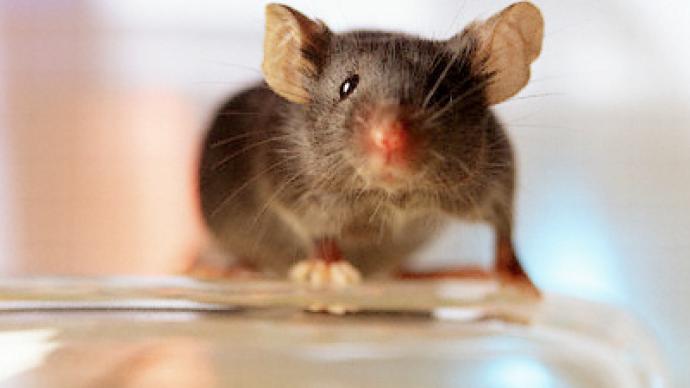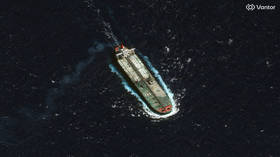Bomb-detecting mice may foil future terrorists

Trained sniffer mice may complement airport security detectors some day, as an Israeli company has created a bomb-detecting unit based on rodents’ unique sense of smell.
Eran Lumbroso – the founder of BioExplorers – a start-up company based in the Israeli town of Herzliya, claims that trained mice can be better at revealing drug traffickers or terrorists carrying explosives than full-body scanners and other airport systems.A detection unit of the system contains three concealed cartridges with eight mice inside each of them. New Scientist explains Lumbroso’s idea: during their four-hour shifts, the mice mill about in a common area in each cartridge, while air that is paused over passengers in an archway passes through the cartridge.When the mice sniff traces of any of eight key explosives in the air, they are conditioned to avoid the scent and flee to a side chamber, triggering an alarm. To avoid false positives, at least two mice must enter the room at the same time.Eran Lumbroso explains that rodents are simply trained to fear certain scents."It's as if they're smelling a cat and escaping," he says. "We detect the escape."It takes about ten days to train a mouse to start avoiding the first component, and even less than that for subsequent scents.The author of the project points out that rodents, unlike dogs, which are often trained for explosives and drugs detection, do not require constant interaction with their trainers or treats to keep them motivated. However, there are drawbacks that could prevent the widespread use of the system. For instance, rodent cages need regular cleaning, and new mice would have to be trained all the time because of their short working life.Nonetheless, the company ran its first field test in December 2010 at a large shopping mall in Tel Aviv. The test proved to be extremely successful: all 22 people carrying mock explosives in their cloths were detected out of more than 1000 others who passed through the detector.At the present, BioExplorers is seeking partners to complete its project.












